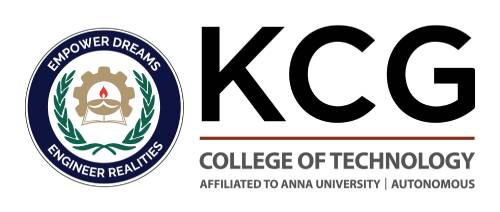Industry Alignment: The Importance of Experiential Learning in Shaping Future Automobile Engineers
In the rapidly evolving landscape of the automobile industry, theoretical knowledge alone is no longer sufficient to prepare future engineers for the challenges ahead. Experiential learning, which involves hands-on training and real-world applications, has become crucial in shaping competent and innovative automobile engineers. This approach ensures that students not only understand the fundamental principles of engineering but also develop the practical skills needed to excel in their careers.
One of the primary benefits of experiential learning is that it bridges the gap between theoretical concepts and practical applications. While classroom instruction provides essential knowledge, hands-on experience allows students to apply what they have learned in real-world settings. This combination of theory and practice is vital for developing a comprehensive understanding of complex automotive systems and technologies. Experiential learning exposes students to real-world problems that require innovative solutions. By working on projects, internships and laboratory experiments, students learn to think critically and solve problems effectively. This practical approach helps them develop the ability to analyze situations, identify potential issues and implement viable solutions.
Hands-on learning environments encourage students to experiment, take risks and think outside the box. This fosters a culture of innovation and creativity, which is essential for driving progress in the automobile industry. By engaging in projects and collaborative activities, students learn to approach problems from different perspectives and develop unique solutions that can lead to technological breakthroughs. Experiential learning often involves collaboration with industry partners, providing students with valuable opportunities to network and build professional relationships. Internships, industry-sponsored projects and site visits allow students to interact with professionals in the field, gaining insights into industry practices and expectations. These connections can be instrumental in securing job placements and advancing their careers.
In addition to technical expertise, experiential learning also helps students develop essential soft skills such as teamwork, communication and leadership. Working on group projects and participating in hands-on activities require students to collaborate effectively, communicate their ideas clearly and take on leadership roles. These skills are crucial for success in any engineering career and are highly sought after by employers. The automotive industry faces numerous challenges, including sustainability concerns, regulatory requirements and market competition. Experiential learning equips students with the knowledge and skills needed to tackle these challenges head-on. By engaging in real-world projects, students learn to navigate the complexities of the industry and develop strategies to address emerging issues.
At KCG College of Technology, we recognize the importance of experiential learning in shaping the future of automobile engineers. Our state-of-the-art facilities, experienced faculty and strong industry partnerships provide an ideal environment for hands-on training and innovation. Start your journey with KCG College of Technology today and experience the transformative power of experiential learning in shaping your future as an automobile engineer.








